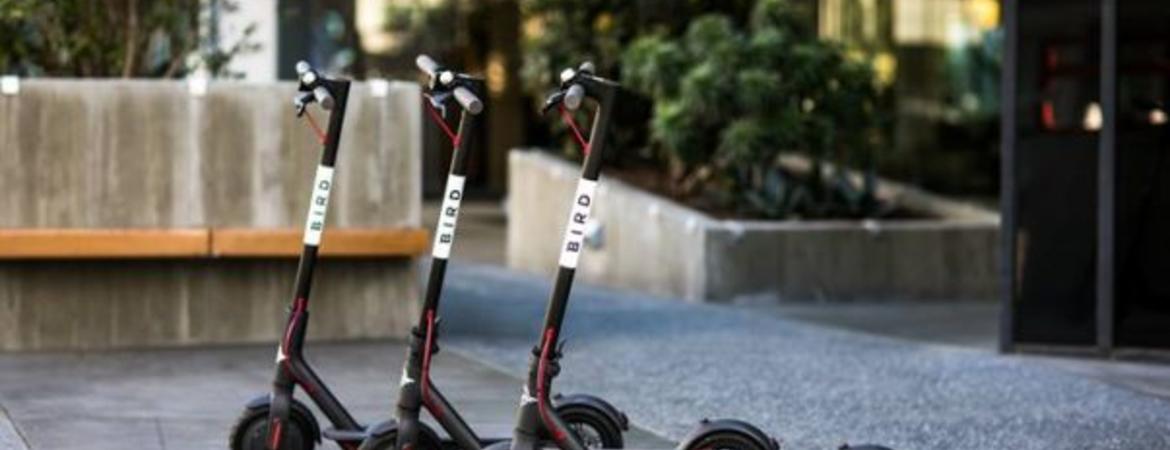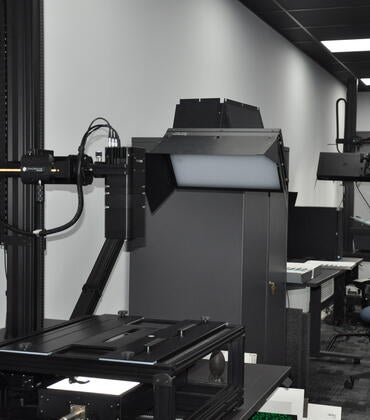A campus-wide group will meet this week to consider the proliferation of scooters on campus. The group will also factor more staid forms of wheeled devices, including skateboards and bicycles.
This past year, campus planners, transportation officials, and police began looking at the future of how pedestrians and wheeled devices will interact on campus.
The intensity ratcheted up this fall with a campus explosion of dockless electric scooters. First came the Bird-brand scooters, in early September; Lime-brand scooters followed by mid-October. The scooters, which move at speeds up to 20 mph, immediately complicated an already-complex mix of pedestrians and vehicles on wheels.
The group meeting Nov. 1 will consider short-term and long-term solutions. The long-term involves updating the campus’s Long Range Development Plan, or LRDP, which is a blueprint for campus development.
“This is especially important as our student population is also growing, and the pedestrian core of campus is getting more and more crowded,” Chief Financial Officer and Vice Chancellor for Planning and Budget Gerry Bomotti said. “We need to assure a safe environment for the entire university community.”
Riding scooters on campus sidewalks and pathways is a violation not only of campus policy, but also of UCR’s Standards of Conduct. Thus far, students haven’t been cited.
But the campus has not been idle. Transportation Services has aggressively collected scooters found on campus: more than 500 remain under lock and key, with UCR yet deciding under what conditions the scooters will be released.
One solution could be “geo-fencing” — a virtual boundary within which the scooters would not operate. Already, Bird and Lime “virtually” inform users that campus is a no-ride zone, but there’s nothing to penalize riders, or render the scooters inoperable.
Considerations extend beyond where the scooters should operate to whether scooter riders should wear helmets, and whether operators’ alcohol consumption can be subjected to testing.
“The goal is to find an amiable solution that supports campus mobility while providing a safe environment for all campus stakeholders,” said Irma Henderson, director of Transportation and Parking Services at UCR.
Campuses around the country are wrestling with the issue, and have looked at various remedies. Some have required scooters to be parked in bike racks. Others prohibit that practice. Many, like UCR, are impounding the scooters, and charging a fee for their release.




